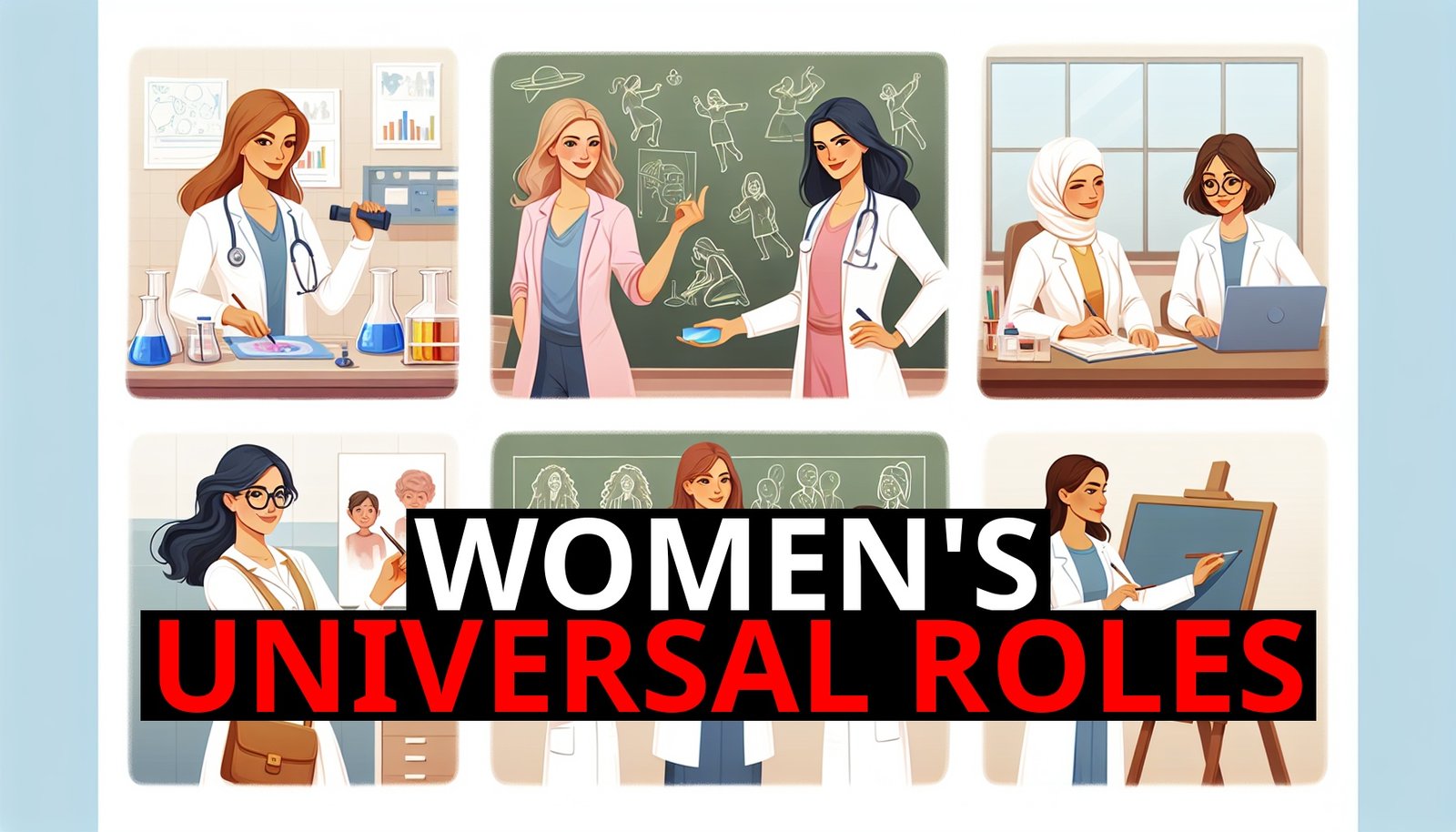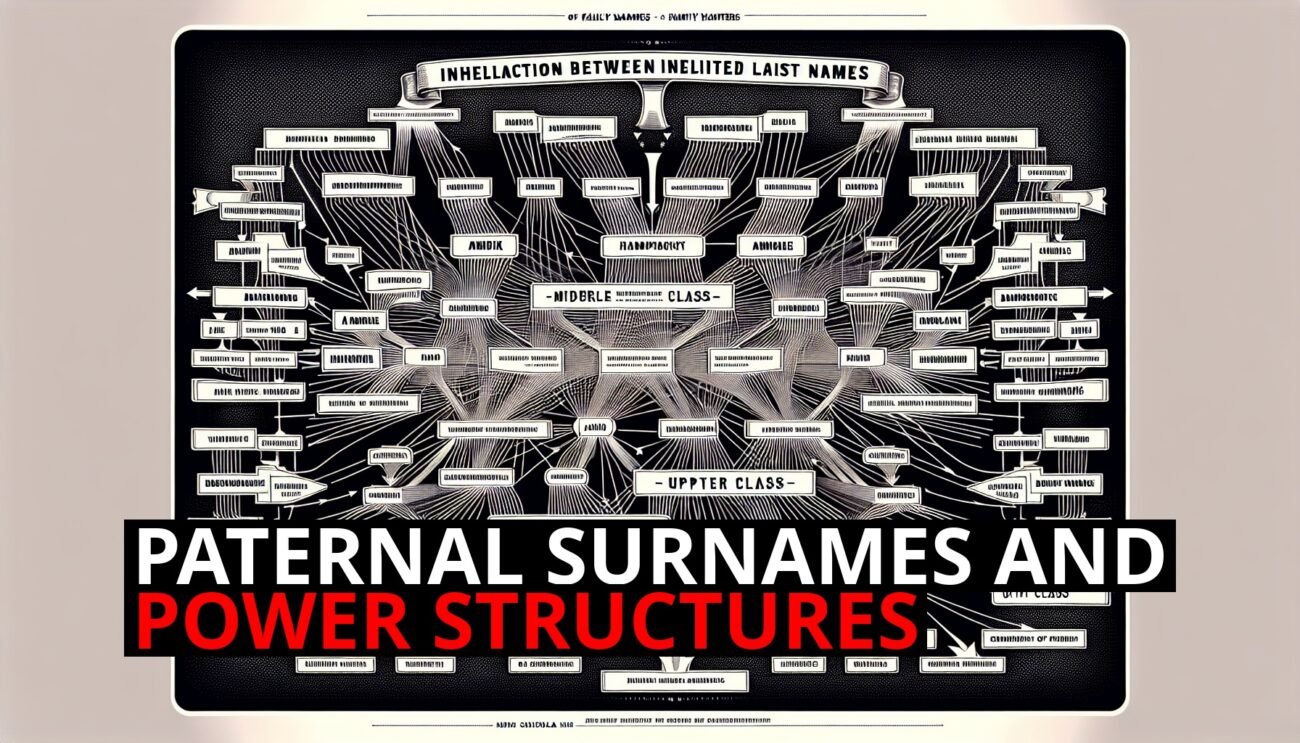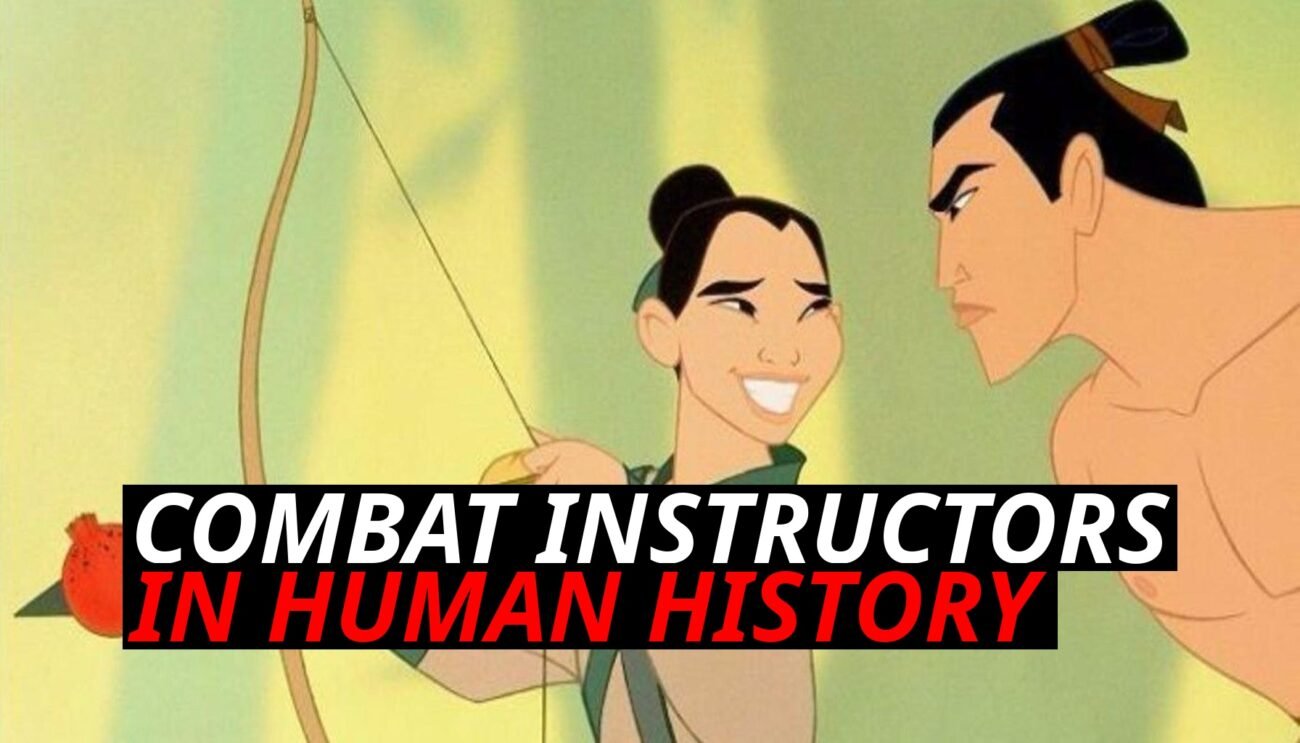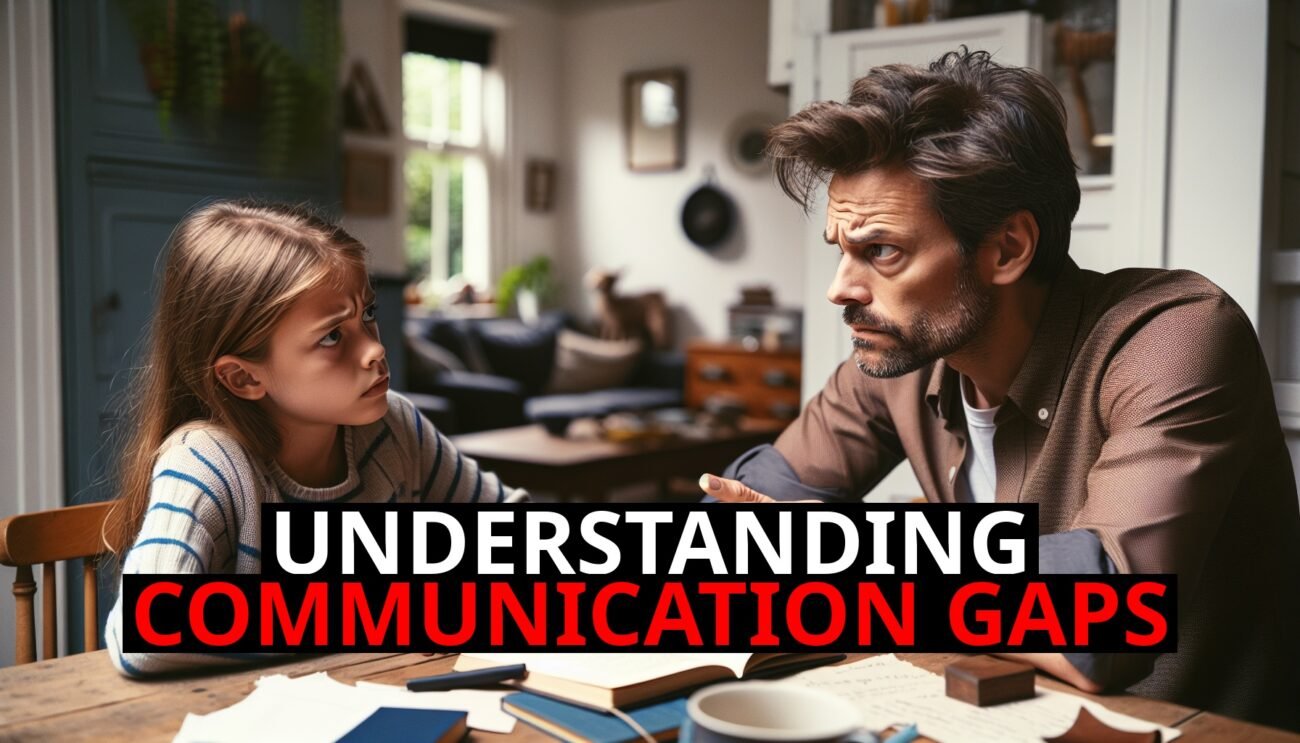What if the glue holding society together wasn’t found in the tools we build or the wars we win, but in the unseen, universal roles that sustain life and foster connection? Throughout history, women’s contributions—reproduction, caregiving, and companionship—have been vital to human survival. While these roles are often overshadowed by the specialized achievements of men, they are the foundation upon which all societal progress is built.
The Universality Of Women’S Roles
Unlike specialized trades or crafts, the roles traditionally associated with women are biologically and socially universal. Every woman has the capacity to contribute to these critical functions:
- Reproduction: Women’s ability to bear children is indispensable for the continuation of humanity.
- Caregiving: From nurturing children to tending to the sick and elderly, women have historically been the primary caretakers of families and communities.
- Companionship: Providing emotional support and fostering relational bonds, women have played a key role in maintaining societal cohesion.
These contributions are so essential that they often go unnoticed—like air, they are foundational but invisible.
The Biological Universality Of Reproduction
Reproduction is the most universal and indispensable role women play in society. While it may seem straightforward, its significance cannot be overstated:
- Population Growth: Women’s ability to bear children ensures the survival of communities, especially in times of high mortality.
- Generational Stability: By raising and nurturing children, women pass down cultural knowledge, traditions, and values.
- Human Investment: Child-rearing is more than biology—it’s a long-term investment in the future of society, requiring years of emotional, physical, and intellectual labor.
Reproduction may be universal among women, but its impact touches every aspect of human civilization.
The Relational Role Of Caregiving
Caregiving extends beyond child-rearing. Women’s role as caregivers has historically been central to maintaining societal stability:
- Emotional Anchors: Women provide the relational bonds that keep families and communities connected.
- Health and Well-being: From midwives to healers, women have often been the primary providers of healthcare in their communities.
- Social Stability: By managing households and fostering relationships, women create the stable environments necessary for societal growth.
These relational roles complement the external contributions of men, ensuring that society’s internal structure remains strong.
Companionship And Emotional Support
While often overlooked, the role of companionship is critical to societal cohesion. Women have long served as emotional and relational stabilizers within families and communities:
- Supporting Male Specialization: The emotional and relational support women provide allows men to focus on specialized tasks, from toolmaking to warfare.
- Fostering Unity: Women’s ability to nurture relationships creates bonds that strengthen families, villages, and societies.
- Encouraging Collaboration: Through their role as caregivers and companions, women often act as mediators, fostering cooperation and reducing conflict.
Companionship isn’t just a personal role—it has societal implications that ripple outward, influencing everything from family dynamics to political alliances.
How Women’S Roles Complement Male Specialization
While men’s contributions to society often focus on external specialization, women’s universal roles provide the internal stability needed for these efforts to succeed.
- Interdependence: Men’s specialized skills, like toolmaking or soldiering, rely on the caregiving and relational stability provided by women.
- Continuity: Women ensure the survival of society through reproduction and the passing down of cultural knowledge, allowing specialized advancements to be sustained across generations.
- Balance: The universal contributions of women create a counterbalance to the hierarchical and competitive nature of male specialization, fostering harmony and unity.
Together, these roles form a symbiotic relationship that enables societies to thrive.
Why Women’S Roles Are Often Undervalued
Despite their importance, women’s universal roles are frequently overlooked or undervalued:
- Hidden Contributions: Tasks like caregiving and emotional support are often unpaid and invisible, leading to their underestimation.
- Universality vs. Scarcity: While women’s roles are indispensable, their universality means they lack the scarcity-driven value associated with specialized skills.
- Historical Bias: Patriarchal systems have traditionally prioritized male achievements, overshadowing the foundational roles played by women.
Recognizing the value of women’s roles requires a shift in perspective, one that acknowledges the interconnectedness of all societal contributions.
Lessons For Modern Society
In today’s world, women’s universal roles continue to be vital, but they are evolving:
- Shared Responsibilities: Modern families increasingly distribute caregiving and emotional support across genders, highlighting the importance of these roles for everyone.
- Economic Recognition: Movements to value caregiving and emotional labor—traditionally unpaid—are bringing greater awareness to the societal importance of these tasks.
- Complementary Strengths: As women enter specialized roles traditionally dominated by men, their universal contributions continue to provide the stability and continuity societies need.
By valuing both universal and specialized roles, modern societies can foster greater balance and equity.
Final Thoughts
Women’s universal roles—reproduction, caregiving, and companionship—are the foundation of societal stability and continuity. While male specialization drives external progress, it is women’s relational and nurturing contributions that hold the fabric of society together.
These roles may be universal, but their impact is profound. Recognizing their value isn’t just about honoring the past—it’s about understanding how humanity thrives, one connection at a time.













